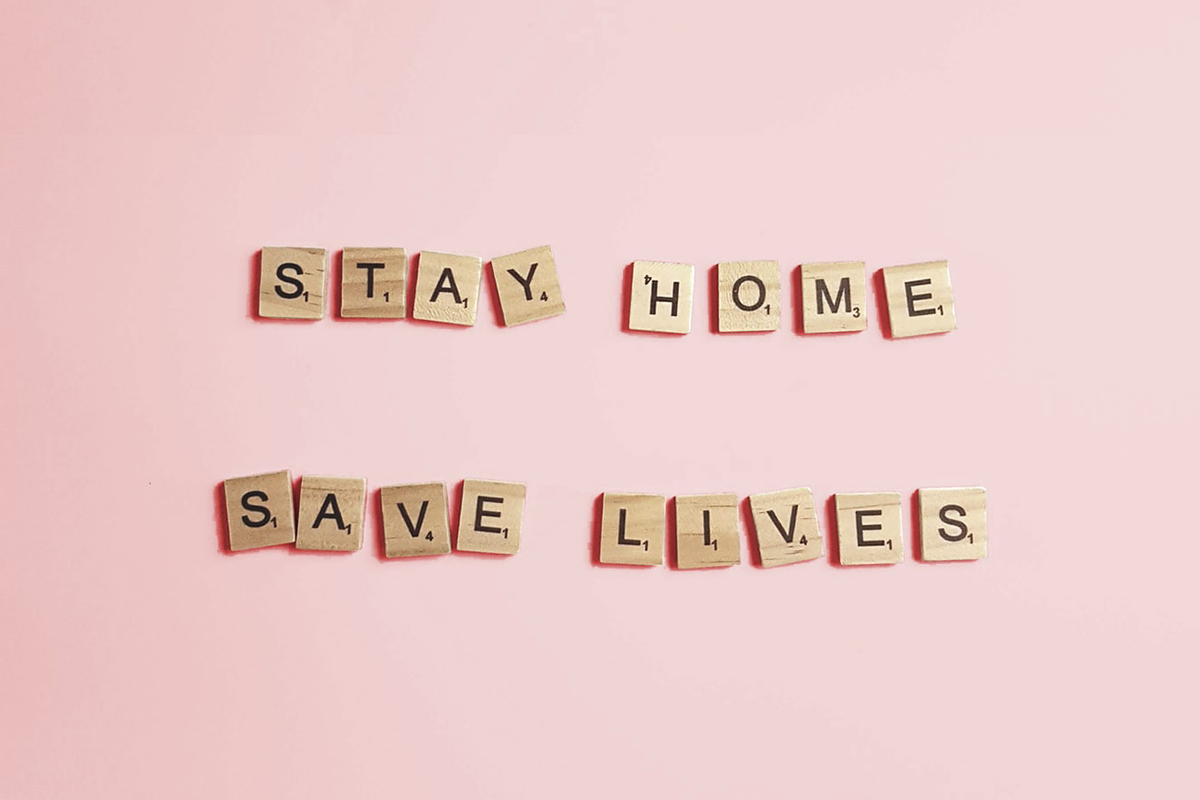There’s a lot of confusion surrounding the novel coronavirus, particularly around self-quarantine and self-isolation. Who needs to self-quarantine? How long should you quarantine for? What does self-quarantine entail?
What is self-quarantine?
Self-quarantine is a quarantine undertaken by someone who has been exposed or may have been exposed to a contagious disease. You do not have to be showing symptoms to self-quarantine.
Self-quarantine is essential because it can help to limit the spread of pathogens like novel coronavirus 2 (SARS-CoV-2). When you self-quarantine, you protect others from being infected with a disease you may be carrying.
Self-isolation vs self-quarantine?
Self-isolation is intended to protect the isolated person rather than the wider community. People who are especially vulnerable to infections, or who are likely to experience severe symptoms should they become infected, may be instructed to self-isolate.
When do you need to self-quarantine?
You may be asked to self-quarantine by a medical professional. You may also choose to do so as a precaution. Self-quarantine may be necessary if you have recently visited a region with an outbreak of contagious disease. It may also be necessary if you have interacted with people who have visited a high-risk area. You may be asked to self-quarantine or decide to self-quarantine voluntarily if you’ve had contact with someone who is showing symptoms of infectious disease, or who has been tested and is positive for the pathogen.
How should you self-quarantine?
Ideally, you should self-quarantine by remaining completely separated from uninfected people. This may be difficult if you share a home with others. If possible, you should stay in one room and avoid shared areas during the quarantine period. Do not share utensils, do not touch surfaces without disinfecting them afterward, and do not allow others to come into close contact with you. Wash your hands regularly.
It may be upsetting, but you should not have contact with your pets while under quarantine. Some diseases are transmissible to animals (for example, cats can contract and carry SARS-COV-2). Animals can also carry pathogens around on their fur if you touch them while infected. Arrange for someone to look after your animals while you’re in quarantine.
If you must use a shared bathroom, try to arrange a schedule so that the quarantined person is the last to use the bathroom. The facilities should be cleaned after use using disinfectants that can kill the pathogen responsible for the disease. If you have access to a room with a separate bathroom, this should be used for quarantine.
While under quarantine, don’t go to work or school. The only out-of-home contact you should have is for medical purposes. If you need anything from outside the home, such as groceries, you should arrange to have it delivered. If you must break quarantine (for example, to see your doctor), you should wear a face mask. Put your mask on before entering the doctor’s office and keep it on until you are away from other people.
Do not take public transport, including taxis and ride-sharing services. Do not arrange for a friend to drive you unless they are in quarantine with you.
How long should quarantine last?
The length of time you’ll need to quarantine will depend on the disease you’ve been exposed to. In the case of SARS-CoV-2, people who have shown no symptoms in the past 14 days can leave quarantine. If you do not develop COVID-19 symptoms within this period, you probably do not have the disease and can return to your normal activities.
If you develop symptoms, you may need to be isolated for a more extended period. The length of time will depend on how long you remain ill.
While you’re under quarantine, it’s essential not to neglect your well-being. Quarantine can be stressful, so maintain your support networks, staying in touch with friends and family. There are plenty of indoor exercise routines you can follow to stay healthy. Ask your doctor for advice on exercising properly while under quarantine, and for other tips on staying in good spirits until it’s safe for you to leave.
Tap for recommended posts on the tags you don’t follow





